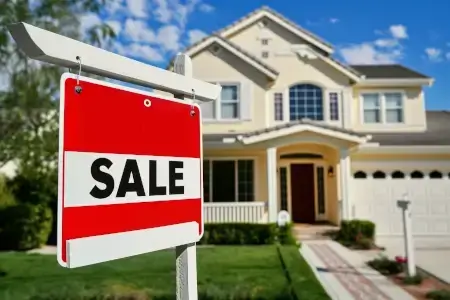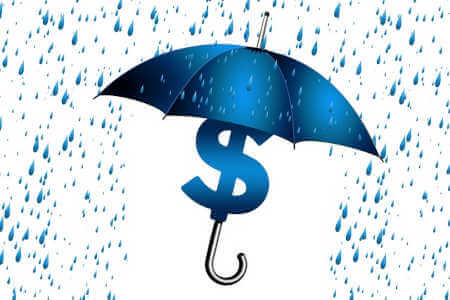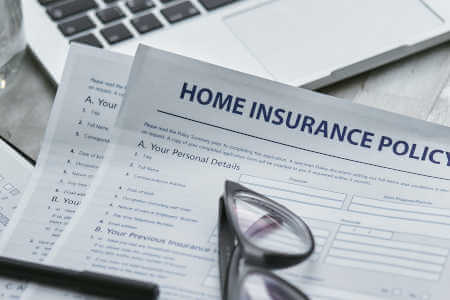Other Housing Loans and Programs
Government Loans and Programs

The Federal Housing Administration (FHA), the U.S. Department of Veterans Affairs (VA), and the Rural Housing Services (RHS) are three agencies that offer government-insured loans. To obtain these loans, you apply through a lender that is approved to handle them. All require that the properties being purchased meet certain minimum standards. Various types of government loans include:
FHA Loans: With FHA insurance, you can purchase a home with a very low down payment (from 3% to 5% of the FHA appraisal value or the purchase price, whichever is lower). FHA mortgages have a maximum loan limit that varies depending on the average cost of housing in a given region.
To Qualify: FHA: Low down payment, available to those with lower credit scores
VA Loans: The VA guarantee allows qualified veterans to buy a house costing up to $203,000 with no down payment. Moreover, the qualification guidelines for VA loans are more flexible than those for either FHA or conventional loans. To determine whether you are eligible, check with your nearest regional VA office.
To Qualify: VA: For veterans, service members, or surviving spouses
RHS Loans: The Rural Housing Service, a branch of the U.S. Department of Agriculture, offers low-interest-rate home ownership loans with no down payment requirements to low and moderate-income persons who live in rural areas or small towns.
To Qualify: USDA: For low to middle-income borrowers in rural areas
State and Local Loan Programs: A number of states sponsor programs to help first-time home buyers qualify for mortgages. Local housing agencies also offer, in some areas, attractive loan terms, such as low down payments or low interest rates, to home buyers who meet specified income guidelines. Usually available to low to middle income borrowers, first-time home buyers, or public service employees. Some state and local programs may also offer down payment and closing cost assistance. Check with your state housing authority.
Special Purpose Credit Programs: These are loans from private lenders or low to middle income borrowers generally in targeted communities.
Balloon Loans

Balloon loans offer lower interest rates for shorter term financing, usually five, seven, or 10 years. At the end of this term, they require refinancing or paying off the outstanding balance with a lump-sum payment. Balloon mortgages may be suitable if you plan to sell or refinance your home within a few years and want a fixed, low monthly payment.
The advantage they offer is an interest rate that is lower than that of a fully amortizing fixed-rate mortgage. For example, your initial interest rate may be 7.5%, and you would pay that for the first five, seven, or 10 years (depending on the term of your balloon loan). Then, your entire outstanding loan balance would be due to the lender or you might have to pay a fee to refinance your loan at the prevailing interest rate.
Be sure to ask about all the conditions for a refinance option at the end of the balloon term. With some balloon mortgages, the lender doesn’t guarantee to extend the loan past the balloon date. If you don’t feel you will be able to meet all the refinance conditions or think the balloon term may be up before you are ready to move, this type of loan may not be appropriate for you.
Other Affordable Housing Loans
Fannie Mae® offers a variety of low and moderate-income households mortgage loan options that help overcome common barriers to home ownership. Fannie Mae loans require less cash at closing and for a down payment, in addition to flexible underwriting ratios, making it easier for qualifying individuals to get into a new home sooner and use more of their monthly income toward housing costs than permitted by other mortgage loans.




